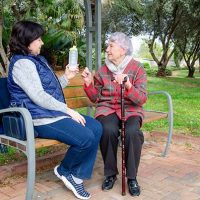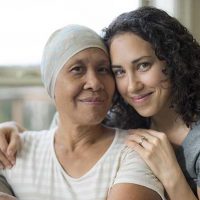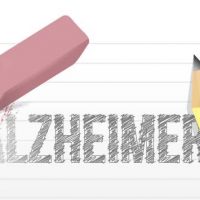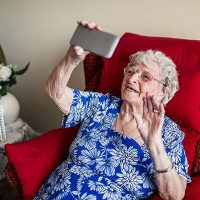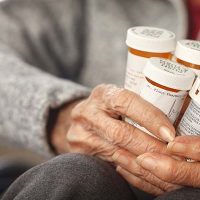October 23, 2019 by

There’s no question that it’s an incredible honor to care for people we love. Family caregivers experience a closeness and bond with those in their care that generally far outweighs the downsides. But there are downsides. A perpetual to-do list to make sure the senior you’re providing care for is as happy and healthy as possible. Household chores and errands to run. Job obligations. The requirements of other family members and friends. And don’t leave out self-care.
The result is an often daunting level of stress, that when left uncontrolled, can rapidly transform into burnout and even depression in caregivers of the elderly, which can appear in any or all of the following ways:
- Feelings of frustration, sadness, hopelessness, stress
- Difficulty with falling or staying asleep through the night
- Lack of interest in previously-enjoyed activities
- Eating more or not as much as usual
- Delayed thinking
- And if left untreated, suicidal thoughts and even attempts at suicide
This short online evaluation makes it possible to determine if you may be experiencing depression.
Fortunately, there are a number of easy steps you’re able to take to lower your potential for falling into depression:
- First and foremost, make an appointment with the doctor for assistance
- Refrain from isolating yourself and ensure an abundance of opportunities for socialization apart from your caregiving relationship
- Remain active, both physically and mentally, with activities you enjoy: swimming, playing a sport, reading, volunteering with a cause that is important to you personally
While it may be challenging for family caregivers to carve out the time essential for self-care, it’s vital to the wellness of both the caregivers themselves and the seniors in their care. Lots of times, family caregivers feel as though they need to do it all by themselves – after all, they understand the individual a lot better than anyone else, and in some cases it just seems much easier to manage things on one’s own.
An overly stressed, burned out, or depressed caregiver should have trusted, reliable support – and the best news is, it is readily available! A skilled, in-home caregiver can provide as much or as little caregiving assistance as necessary. Perhaps, for example, you want to continue to make most of the meals for a senior loved one – but would like some help with cleaning up the kitchen afterwards. Or maybe the senior would feel more at ease with an experienced care provider providing help with personal care needs, such as bathing and using the toilet.
At At Home Independent Living, the top providers of in-home senior independent living in NY, we know how complicated life can feel for family caregivers, and we work with families to create a strategy of care that meets each person’s individual desires and needs. Let us assist with reliable, professional respite care. Call us at (315) 579-4663 any time to find out more.

